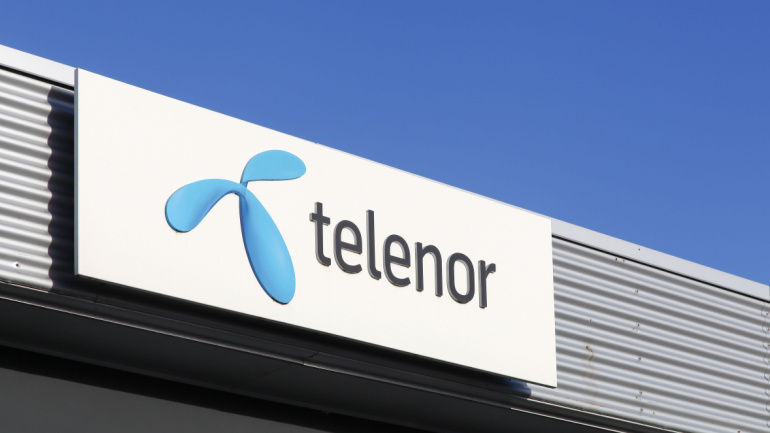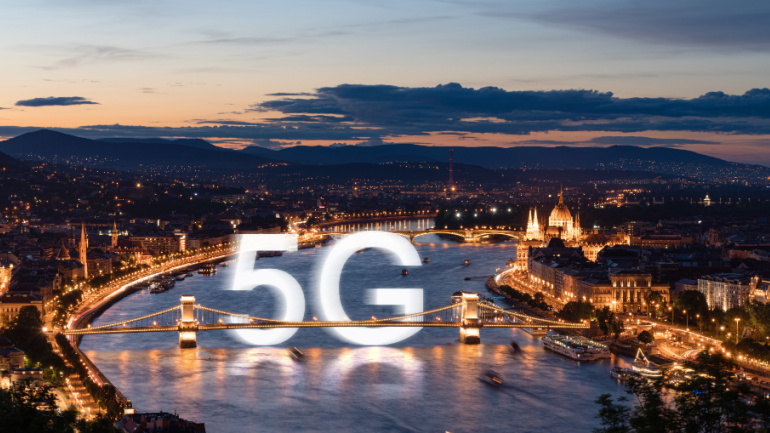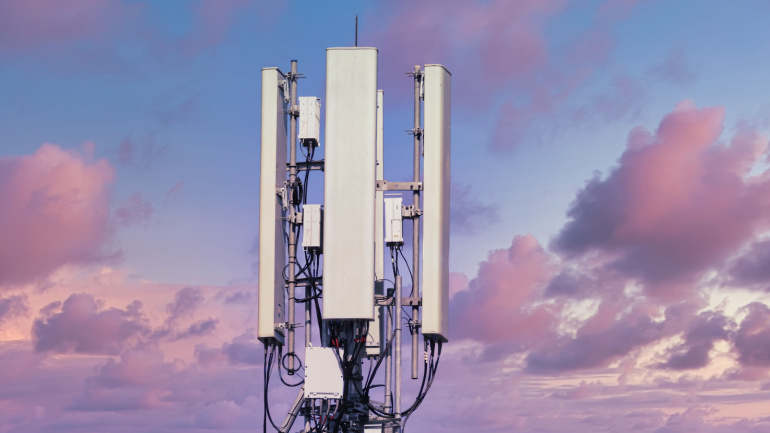Telecom leaders discussed the challenge of monetizing 5G. Vodafone’s ‘The Great British Telecoms Switch’ campaign offers BT customers savings and compensations to switch providers. A Pew Research Center survey found U.S. teens have a complex relationship with smartphones. Verizon’s report shows a 129% rise in mobile network traffic over 5 years. Iliad aims to become the fifth-largest mobile operator in Europe by 2024.
Telenor, the Norwegian telecom giant, has announced a groundbreaking partnership with Nvidia, marking a significant step towards integrating artificial intelligence (AI) within its operations and offerings in the Nordics. This ambitious initiative is set to transform Telenor’s business model, embedding AI into its network operations and creating AI-driven solutions for its customer base.
As the evolution towards 6G continues, telecommunications mammoths NTT DOCOMO and NTT, have expanded their research circle to include SK Telecom and Rohde & Schwarz. The newly inducted collaborators will aid in various 6G trials in Japan, focusing on identifying potent frequency bands for the upcoming technology. Of particular interest is the development of a ‘6G AI-native air interface’, that promises to bolster network performance and energy effectiveness.
In a significant move towards enhancing developer access to advanced network capabilities, Ericsson’s Vonage has teamed up with telecommunications giant Verizon. This collaboration, formalized through a memorandum of understanding, aims to integrate Verizon’s network APIs (Application Programming Interfaces) into the Vonage platform. This integration is expected to foster deeper consumer engagement and loyalty by enabling enterprises to offer a more seamless and enriched customer experience across various stages of the customer journey.
BT, Ericsson, and Qualcomm demonstrated successful 5G network slicing trials for diverse applications, proving its potential to improve service quality in the 5G SA era. Disney invests $1.5 billion in Epic Games to blend its iconic franchises with Fortnite. D&H Distributing launches the Go Big AI Program to help partners use AI technologies. IPFone acquires VoIP company Joon to expand its cloud communication services and enhance offerings through synergistic technologies.
In a significant stride towards making its 5G network more robust for future technologies, Finland’s Elisa has successfully tested a new uplink carrier aggregation technology. This test, a collaboration with telecom giants Ericsson and Qualcomm, marks a leap in preparing for the demands of the metaverse and other advanced applications.
In response to the soaring global demand for fast, secure connectivity, China Mobile International Limited (CMI) is significantly investing in four new submarine cable systems. These systems promise to robustly service the substantial growth in mobile data usage in quickly digitising regions such as Africa. However, as aging cables become outdated, the race is on for fresh investment to keep pace with customer needs and the rapid development of next-gen technologies.
In a significant development for Italy’s telecom landscape, WindTre has finalized an agreement to purchase OpNet, a renowned Italian Fixed Wireless Access (FWA) expert, for a deal worth €485 million. This acquisition not only enhances WindTre’s spectrum holdings but also integrates a pioneering 5G standalone network into its portfolio.
NOC Portugal recently entered into a significant agreement with Nokia, encompassing a 5G Standalone Core implementation and a joint effort to develop APIs. This collaboration marks a step forward in NOC’s commitment to innovating in the 5G realm, offering customers new, cutting-edge services.
Facing an economic upheaval, telecom leaders like Nokia, Ericsson, and AT&T post disappointing financial outcomes for 2023, attributed to factors like changing customer behavior and a challenging macro-economic environment. However, there are glimmers of hope, evidenced by Nokia’s significant free cash flow generation amidst a major slump in sales.













